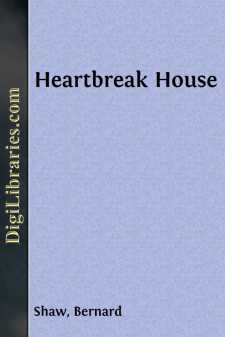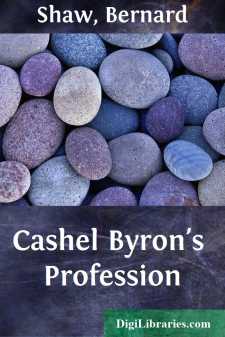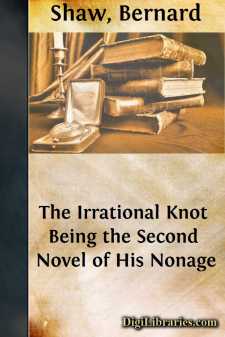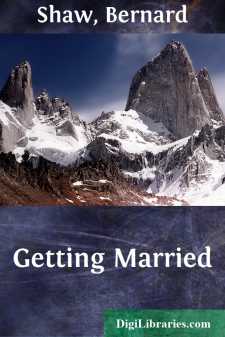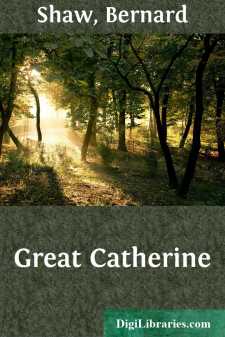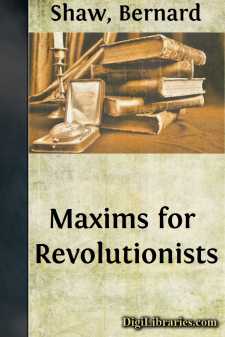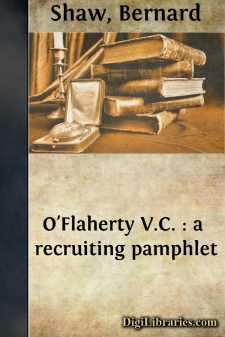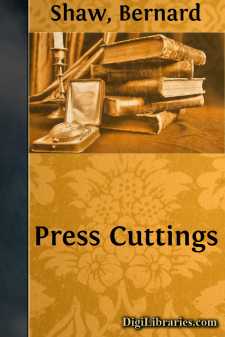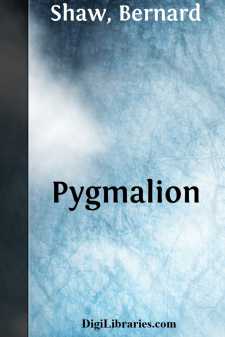Categories
- Antiques & Collectibles 13
- Architecture 36
- Art 48
- Bibles 22
- Biography & Autobiography 813
- Body, Mind & Spirit 142
- Business & Economics 28
- Children's Books 17
- Children's Fiction 14
- Computers 4
- Cooking 94
- Crafts & Hobbies 4
- Drama 346
- Education 46
- Family & Relationships 57
- Fiction 11829
- Games 19
- Gardening 17
- Health & Fitness 34
- History 1377
- House & Home 1
- Humor 147
- Juvenile Fiction 1873
- Juvenile Nonfiction 202
- Language Arts & Disciplines 88
- Law 16
- Literary Collections 686
- Literary Criticism 179
- Mathematics 13
- Medical 41
- Music 40
- Nature 179
- Non-Classifiable 1768
- Performing Arts 7
- Periodicals 1453
- Philosophy 64
- Photography 2
- Poetry 896
- Political Science 203
- Psychology 42
- Reference 154
- Religion 513
- Science 126
- Self-Help 84
- Social Science 81
- Sports & Recreation 34
- Study Aids 3
- Technology & Engineering 59
- Transportation 23
- Travel 463
- True Crime 29
Heartbreak House
by: Bernard Shaw
Description:
Excerpt
Where Heartbreak House Stands
Heartbreak House is not merely the name of the play which follows this preface. It is cultured, leisured Europe before the war. When the play was begun not a shot had been fired; and only the professional diplomatists and the very few amateurs whose hobby is foreign policy even knew that the guns were loaded. A Russian playwright, Tchekov, had produced four fascinating dramatic studies of Heartbreak House, of which three, The Cherry Orchard, Uncle Vanya, and The Seagull, had been performed in England. Tolstoy, in his Fruits of Enlightenment, had shown us through it in his most ferociously contemptuous manner. Tolstoy did not waste any sympathy on it: it was to him the house in which Europe was stifling its soul; and he knew that our utter enervation and futilization in that overheated drawingroom atmosphere was delivering the world over to the control of ignorant and soulless cunning and energy, with the frightful consequences which have now overtaken it. Tolstoy was no pessimist: he was not disposed to leave the house standing if he could bring it down about the ears of its pretty and amiable voluptuaries; and he wielded the pickaxe with a will. He treated the case of the inmates as one of opium poisoning, to be dealt with by seizing the patients roughly and exercising them violently until they were broad awake. Tchekov, more of a fatalist, had no faith in these charming people extricating themselves. They would, he thought, be sold up and sent adrift by the bailiffs; and he therefore had no scruple in exploiting and even flattering their charm.
The Inhabitants
Tchekov's plays, being less lucrative than swings and roundabouts, got no further in England, where theatres are only ordinary commercial affairs, than a couple of performances by the Stage Society. We stared and said, "How Russian!" They did not strike me in that way. Just as Ibsen's intensely Norwegian plays exactly fitted every middle and professional class suburb in Europe, these intensely Russian plays fitted all the country houses in Europe in which the pleasures of music, art, literature, and the theatre had supplanted hunting, shooting, fishing, flirting, eating, and drinking. The same nice people, the same utter futility. The nice people could read; some of them could write; and they were the sole repositories of culture who had social opportunities of contact with our politicians, administrators, and newspaper proprietors, or any chance of sharing or influencing their activities. But they shrank from that contact. They hated politics. They did not wish to realize Utopia for the common people: they wished to realize their favorite fictions and poems in their own lives; and, when they could, they lived without scruple on incomes which they did nothing to earn. The women in their girlhood made themselves look like variety theatre stars, and settled down later into the types of beauty imagined by the previous generation of painters. They took the only part of our society in which there was leisure for high culture, and made it an economic, political and; as far as practicable, a moral vacuum; and as Nature, abhorring the vacuum, immediately filled it up with sex and with all sorts of refined pleasures, it was a very delightful place at its best for moments of relaxation....


